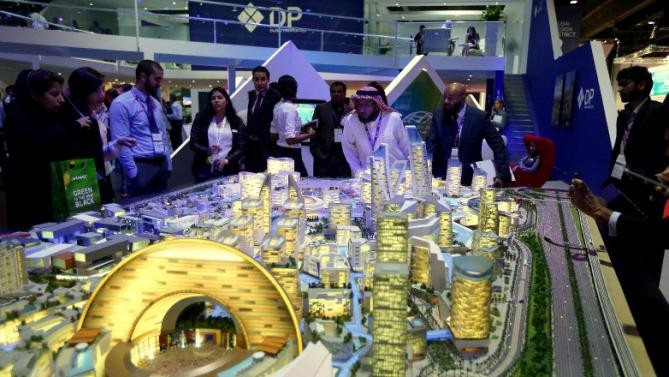China’s Sizzling Real Estate Market Cools
Post on: 14 Апрель, 2015 No Comment

HONG KONG — After almost two decades of nearly unceasing increases in real estate prices and construction across China, one of the world’s longest-running bull markets finally seems to be stalling, with broad consequences for the country’s economy and possibly its politics.
Prices are falling for both new and old apartments. The volume of deals is drying up. And developers are pulling back, furloughing workers and delaying new projects. In the latest sign, housing starts plummeted 25 percent in April from a year ago, the Chinese government announced on Tuesday.
It is a severe blow for a country where real estate sales offices have become ubiquitous and tower cranes are jokingly described as the national bird.
Su Hua, a real estate broker in Shenzhen, had his highest commissions ever last year, as a speculative frenzy prompted families all over China to buy and sell apartments at a brisk pace. But he sat in a deserted office late last week with several silent phones on his desk. His income has halved so far this year.
Photo
Zhou Xiaochuan, the governor of the Peoples Bank of China, has reaffirmed tight credit policies, including keeping short-term interest rates well above the rate of inflation. Credit Reuters
The question is how much further the real estate market will slow, and whether its troubles will spill into other sectors of the economy, notably the banking system. Any weakness in the great Chinese economic engine could reverberate through the global markets.
“You can’t predict how the bursting of a Chinese real estate bubble plays out because it plays out in very small steps,” said Joel H. Rothstein, a partner in the Beijing office of the Paul Hastings law firm who specializes in Asian real estate.
China’s real estate market correction — some economists are even calling it the popping of a bubble — is partly the result of a deliberate decision by the country’s leaders in Beijing.
The Federal Reserve and other regulators in the United States did not try to deflate what now seems to have been an American housing bubble in the years leading up to the 2008 downturn. But the Chinese leadership has been increasingly concerned over the last several years that housing prices were rising to unaffordable levels and that the economy was becoming overly dependent on investment; residential construction accounts for one-ninth of all economic output.
The result has been a series of policies that includes punitive interest rates for mortgages on second homes, a ban on the purchase of third homes and, more recently, deliberate action by the central bank to keep short-term interest rates well above the rate of inflation. Zhou Xiaochuan, the governor of the central bank, the People’s Bank of China, reaffirmed tight credit policies on Saturday, saying that he did not think the economy was in sufficient trouble to justify monetary policy stimulus.
But the real estate market continues to slump, which could prompt Beijing to take a different tack.
Economic data released on Tuesday also included a deceleration in industrial production, with growth in steel and cement output slowing to a crawl. Retail sales also grew more slowly than expected in April, and the furniture market stalled as fewer families moved into new homes.
Housing Construction Falls
Tight credit, restrictions on the ownership of multiple homes and an easing of prohibitions on alternative investments overseas have triggered a long-expected downturn in the Chinese residential housing market.














